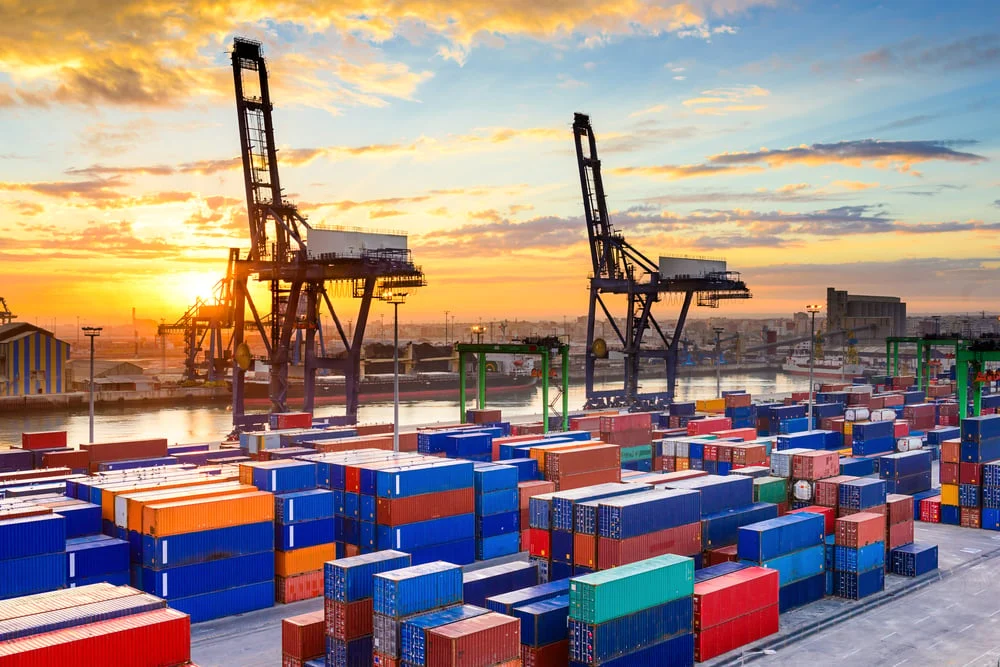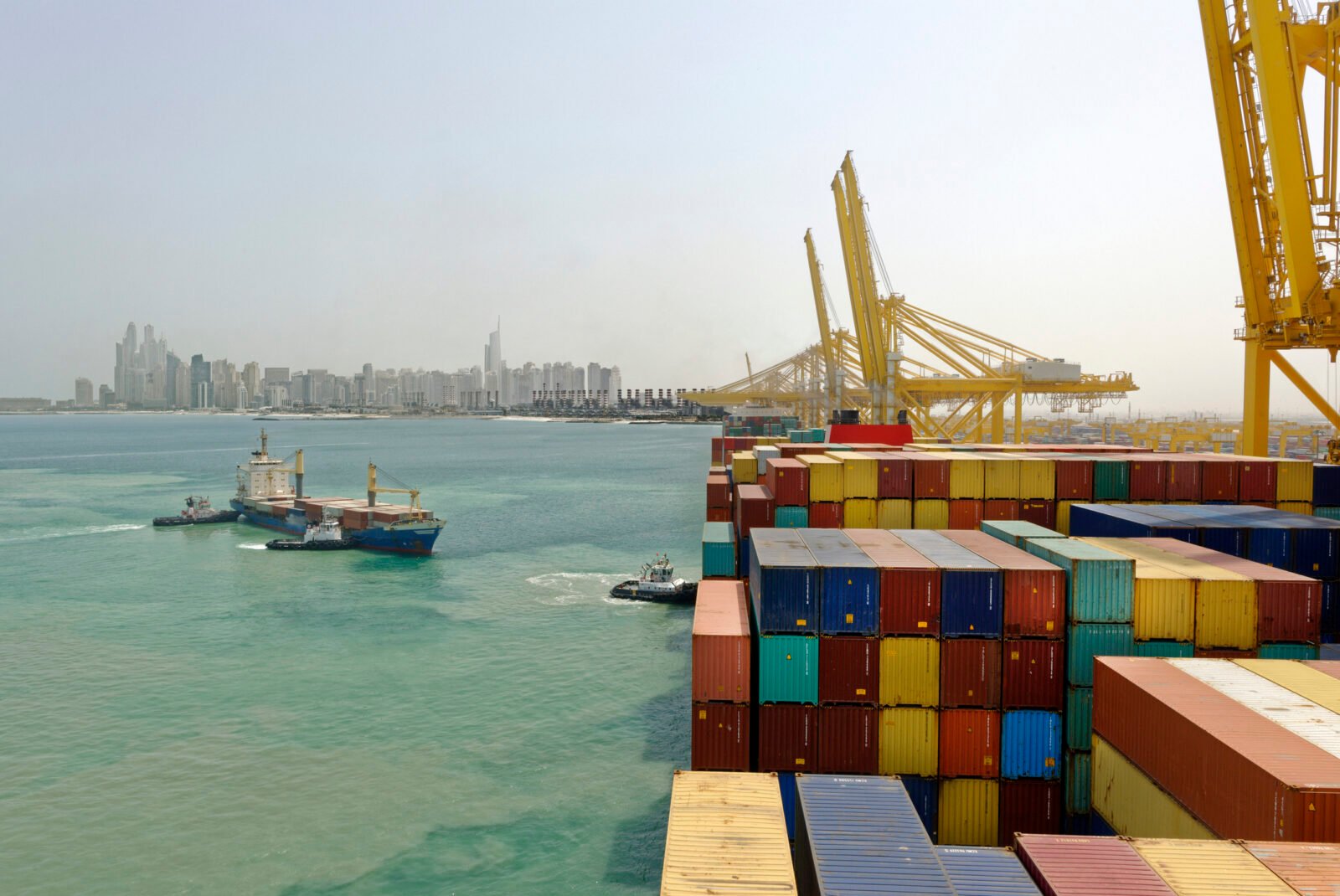Kazakhstan increased the number of exported non-commodity goods by 278 positions in 2023, Minister of Trade and Integration Arman Shakkaliyev reports. Since 2019, the number of permanent active exporters in Kazakhstan has grown by 300 companies, and export destinations have expanded from 129 to 135 countries over the past year. Increases were noted in the export of finished goods to Asian markets, including China (8%), South Korea (26%), and Vietnam (46%).

Exports of services rose by 29%, while there was a decline in the export of industrial goods such as copper, ferroalloys, zinc, silver, and petroleum products. This decline was attributed to global price volatility, decreased demand, and increased competition in target markets. Conversely, the physical volumes of processed agricultural products saw growth, with flour exports up by 1.1%, sunflower oil by over 55.5%, and beverages by 42.8%.
Kazakhstan aims to achieve $45 bn in exports by 2029, with a specific focus on China. The goal is to increase the export of finished products by 2.5 times to reach $12.5 bn in the medium term. Efforts will continue to enhance trade with the Eurasian Economic Union and Central Asian countries, supported by the creation of necessary cross-border trade infrastructure. Priority markets include the Middle East for goods such as chilled lamb, poultry, and by-products, and the European Union for Kazakh food and organic products.

Kazakhstan is launching a trading accelerator based on the QazTrade Trade Policy Development Center to facilitate long-term contracts with advance payments for guaranteed export volumes. An Export Credit Agency established this year provides business entities with insurance and financial support throughout the export cycle. Financial measures will focus on higher-processed goods to reduce dependence on external factors. The QazTrade centre will continue to provide annual service measures to over 450 companies. Over the past three years, exports of vegetable oils and fats increased by 2.2 times, fertilizers by 1.7 times, and lamb by 4.4 times.
A trade representative office of QazTrade was registered in Urumqi, and Qazaq Trade House began operations at the EXPO Dubai national pavilion. Kazakh companies will also participate in major exhibitions in Urumqi and Shanghai. Shakkaliyev identified the service sector as a key driver of export revenue, with exports totalling $10.3 bn last year. Kazakhstan’s service exports, including IT, oilfield, and medical services, can be delivered without crossing borders.
Kazakhstan plans to continue expanding non-resource exports, focusing on agricultural products and higher-processed goods. These measures aim to increase the number of active exporters by 120 companies and boost non-commodity goods exports by 6% this year, according to Shakkaliyev.
Follow Daryo's official Instagram and Twitter pages to keep current on world news.
Comments (0)